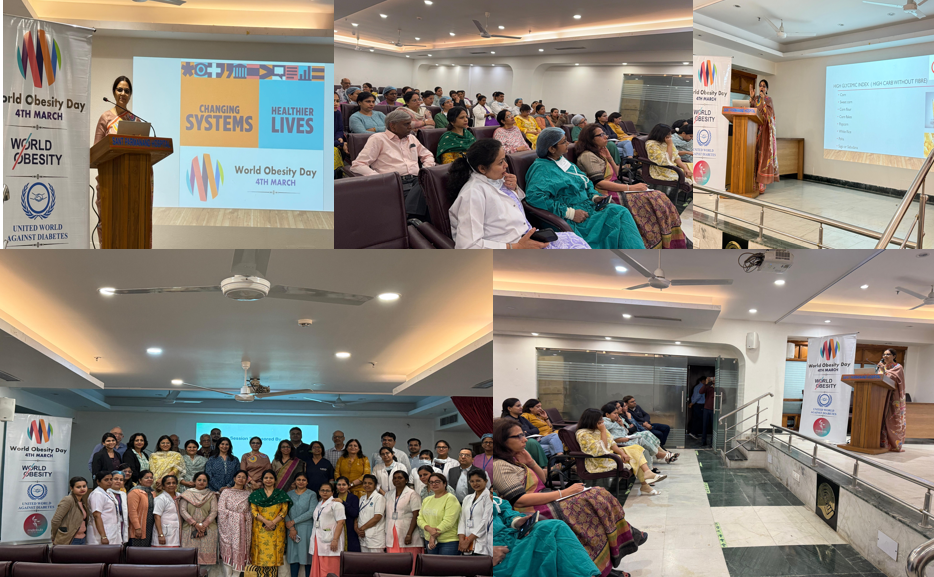Historias

Hablemos de... la obesidad aumenta en todos los continentes
La obesidad se ha convertido en un reto, un gran reto, en Nepal (una nación del sur de Asia que sigue luchando contra la persistente desnutrición de su población). Nuestra revisión de las pruebas ilustra la creciente prevalencia del sobrepeso y la obesidad en las últimas dos décadas, mientras que las respuestas oficiales del gobierno federal siguen siendo subóptimas.
Tradicionalmente, el problema de la malnutrición en Nepal se caracterizaba por la desnutrición expresada en términos de crecimiento subóptimo entre los niños, delgadez entre las mujeres y deficiencias de micronutrientes seleccionados, como el hierro. A pesar de la tendencia a la baja de la prevalencia, ésta sigue siendo elevada. Sin embargo, la obesidad, sobre todo entre los adultos, ha alcanzado proporciones epidémicas en las dos últimas décadas. Así pues, Nepal se enfrenta a la doble carga de unos niveles elevados -aunque decrecientes- de desnutrición (incluidas las carencias de micronutrientes) y al reto creciente de la obesidad.
Esto ha ocurrido simultáneamente con los cambios en la sociedad y la economía. Debido a la fácil y generalizada disponibilidad de alimentos de baja calidad producidos por las industrias y comercializados agresivamente utilizando un sinfín de estrategias comerciales, los hábitos alimentarios de los nepalíes están cambiando hacia un consumo cada vez mayor de productos alimenticios con carbohidratos refinados, sal y grasa. También ha aumentado la prevalencia de niveles insuficientes de actividad física.
En las zonas urbanas ha surgido una plétora de gimnasios que ofrecen instalaciones y servicios comercializados para adelgazar. Sin embargo, nada indica que la prevalencia de la obesidad vaya a disminuir en los próximos años, a menos que se controle la comercialización de alimentos poco saludables y se desarrolle un entorno propicio para una actividad física adecuada.




